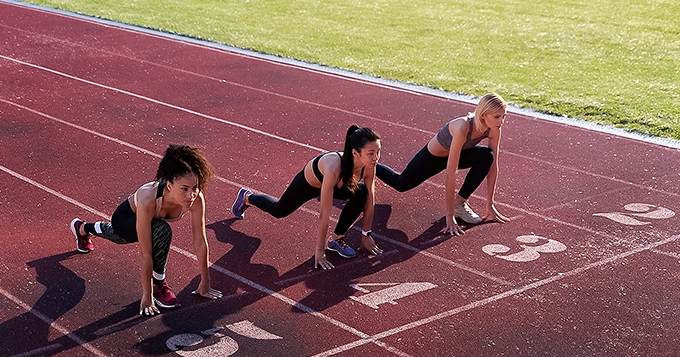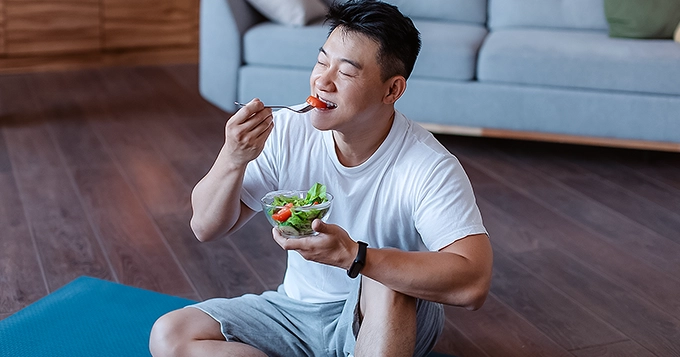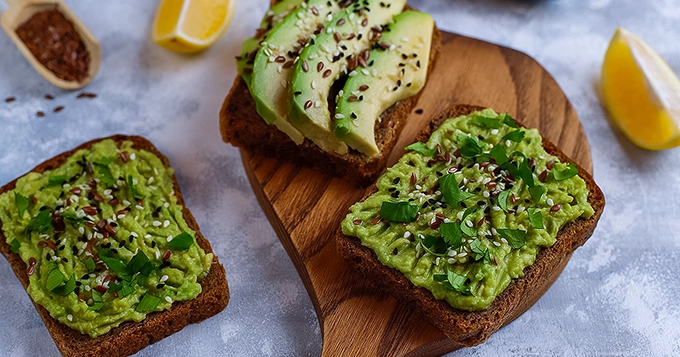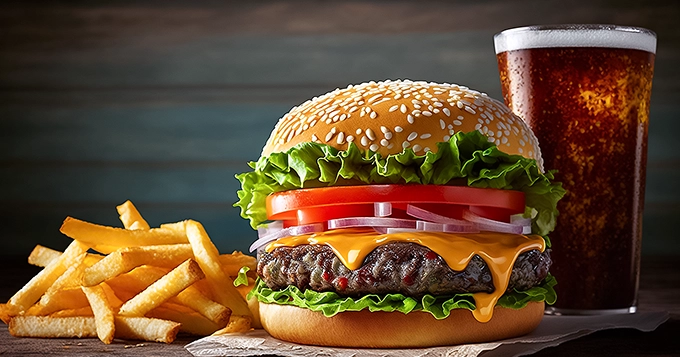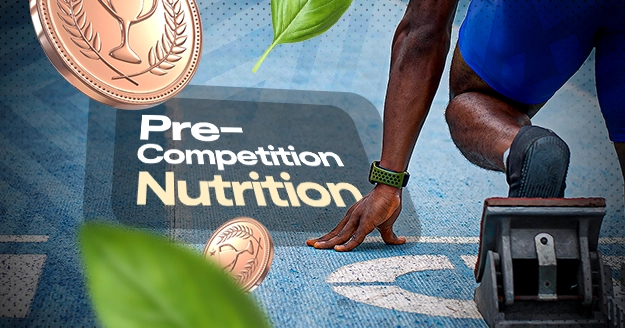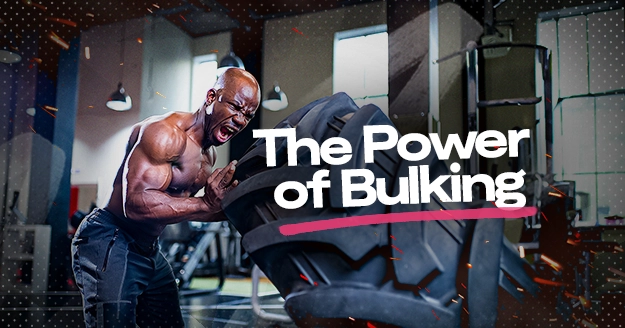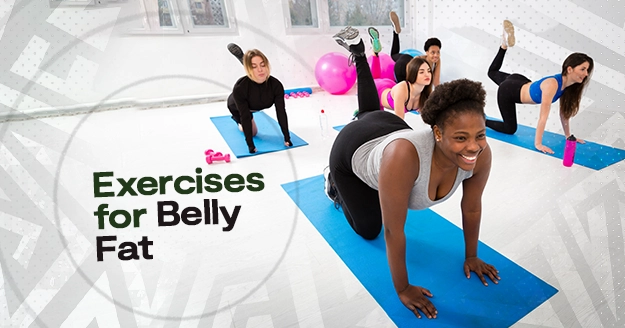Performing at an athlete’s best during any athletic competition is not just about putting in the hard work during training. Knowing the best food to eat before athletic competition is also crucial. As athletes prepare for the big event, understanding what to eat before stepping onto the field, court, or track is vital. This article explores the importance of pre-competition nutrition, providing insights into the types of foods that can enhance performance and support the body during the critical moments leading up to the main event.
What Is A Precompetition Meal?
A meal consumed before a competition is essential as it provides the necessary calories, nutrients, and liquids to help an athlete perform at their best. This pre-competition meal should provide enough energy to sustain the athlete during the competition and prevent hunger. It should also prevent dehydration by providing additional fluids.
The Significance of Pre-Competition Nutrition:
Energy Reserves:
Consuming enough carbohydrates before a competition is crucial because carbohydrates are the body’s primary source of energy. Eating complex carbohydrates like whole grains, fruits, and vegetables in the hours leading up to an event helps replenish glycogen stores, providing sustained energy during physical exertion.
Protein for Muscle Support:
Including a moderate amount of protein in pre-event meals helps with muscle repair and maintenance. Choose protein sources like egg, poultry meat, fish, beans, or tofu to support the body’s protein needs without causing digestive discomfort.
Hydration Matters:
Proper hydration is essential for pre-competition nutrition. Athletes should focus on maintaining fluid balance by drinking water throughout the day. Electrolyte-rich beverages may also be beneficial, especially for activities involving prolonged or intense exertion.
Timing is Key:
The timing of pre-event meals is critical. Eating a well-balanced meal 3-4 hours before the competition provides the body with enough time to digest and absorb nutrients. For those with less time, a smaller snack 30-60 minutes before can help top up energy levels.
The time it takes for the body to digest food is as follows:
– Large meal: 3 to 4 hours
– Small meal: 2 to 3 hours
– Blended or liquid food: 1 to 2 hours
– Small snack: Less than 1 hour
This information can help athletes plan their nutrition immediately before competition based on their time before the event.
Best Food To Eat Before Athletic Competition
The pre-competition meal should have a high carbohydrate and fluid content.
Your meal should be low in fat and protein. Foods high in fat and protein take longer to digest than carbohydrates. Fully digesting a meal high in fat and protein can take up to five to six hours.
Athletes should ensure they have enough energy without feeling weighed down or uncomfortable during the competition.
- Simple Carbohydrates:
The best food to eat before competition is simple carbs.
How many carbs should you have in your pre-competition meal?
Here’s how to calculate the amount of carbohydrates you should eat before your event based on your weight:
– Four hours before the event: Eat 4 grams of carbs for every kilogram (kg) of your body weight. To convert pounds (lb) to kg, divide your weight in lb by 2.2. For example, if you weigh 130 lb, your weight in kg is 59. So, you would need approximately 236 grams of carbohydrates in your pre-competition meal (59 x 4).
– Two to three hours before the event: Eat 2 to 3 grams of carbohydrates for every kilogram of your body weight.
– One hour before the event: Eat 1 gram of carbohydrate for every kilogram of your body weight.
Remember to choose carbohydrate-rich foods that are easy to digest and won’t cause discomfort during the competition.
- Lean Proteins:
Choose sources like grilled chicken, turkey, fish, egg whites, or plant-based proteins like beans and lentils to support muscle function without causing digestive discomfort.
- Healthy Fats:
Include sources of healthy fats like fish, nuts, avocados, and olive oil in moderation. These can provide a source of sustained energy and help keep athletes feeling satiated.
- Hydration Strategies:
Begin hydrating well before the competition and continue to drink water throughout. Electrolyte-rich beverages can be beneficial, especially for activities involving prolonged exertion or in hot conditions.
Here are some guidelines for staying hydrated before, during, and after the competition:
– Two hours before the competition, drink about 17 ounces (510 milliliters) of liquid.
– Thirty minutes before the competition, drink 8 to 16 ounces (237 to 473 milliliters) of liquid.
– During the competition, drink 14 to 40 ounces (414 to 1,200 milliliters) of liquid every hour, depending on how much you sweat. The more you sweat, the more you should hydrate.
– After the competition, consume at least 16 to 24 ounces (473 to 710 milliliters) of liquid for every pound (0.45 kilograms) you lost during the competition. This will help replenish the fluids you lost through sweat.
- Snack Options for Quick Energy:
For those with limited time before the event, easily digestible snacks like a banana, a sports drink, or a small energy bar can provide a quick source of energy without causing discomfort.
What foods or drinks should you avoid?
To help athletes perform at their best during the competition, it’s best to avoid foods that are high in fat, such as potato chips, French fries, hot dogs, candy bars, and doughnuts. These foods take longer to digest and can possibly cause stomach discomfort during the competition. They may not provide you with enough energy either.
It’s also a good idea to avoid drinking carbonated beverages, like soda, as they can cause stomach discomfort during the competition.
High-fiber foods, such as bran muffins, may also cause gas and stomach discomfort during the competition. So, it’s best to consume these foods moderately or avoid them altogether before the competition.
Conclusion
In the world of sports and physical activity, the food an athlete eats before a competition is just as important as their training in bringing out their best performance.
Proper pre-competition nutrition can greatly enhance an athlete’s performance. By understanding the significance of energy stores, protein support, hydration, and timing, athletes can carefully customize their day-before-competition diet to match their specific requirements. This guarantees that they start the game, match, or race with plenty of fuel and are prepared to maximize their potential and enhance overall athletic achievement.
